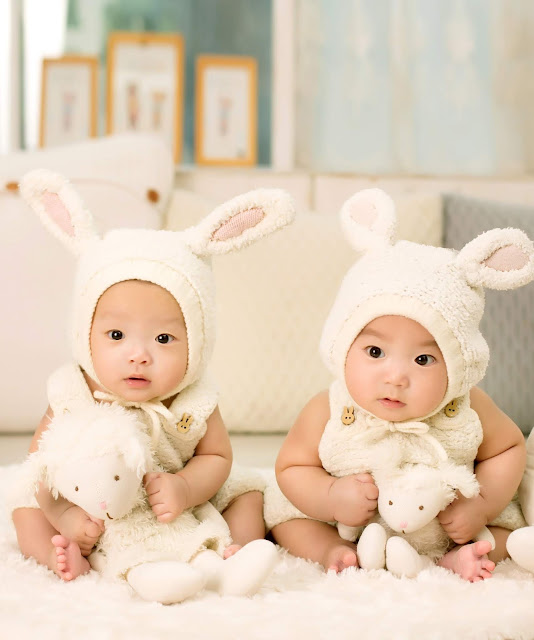The Cutest Fact You'll Learn Today
We all want to hang out with the people who really “get” us—our
equals, our peers. As it turns out, this even appears to hold true for infants.
In some ways, it can be easy to know a baby’s likes and
dislikes. They generally like being carried by a parent, and dislike sitting in
a dirty diaper, for instance. Yet when it comes to studying some infant
preferences, researchers must be very careful and creative in their methodology.
You can’t exactly make a baby sit down and take a survey—they’d probably just
try to eat the pencil.
Recently, McGill University professor Linda Polka and her
team hit upon an experiment design to test how babies reacted to various vowel
sounds. The infants in question were not just pre-verbal but pre-babbling, too
young to even make “ba ba ba” noises.) Five-month-olds were sat at a screen
with a checkerboard pattern. By looking at or away from the checkerboard, the
babies could activate or mute a sound. The result? The subjects dwelled on the
vocalizations of other babies for 40% longer than the vocalizations of adults.
Maybe that’s why so many of us default to high-pitched,
silly “baby talk” when we scoop up one of those pint-sized people: we’re
instinctively trying to get their attention. However, Polka and her team found
that even our best, squeakiest attempts don’t hold a candle to genuine baby
sounds, thanks to the unique resonant properties of those wee bodies.
“Access to infant speech, likely including a baby’s own vocalizations,
seems to have a broad and significant impact, influencing receptive, expressive
and motivational aspects of speech development,” noted Polka. Along with
communicating with caregivers, the desire to simply understand each other seems
to create a powerful drive towards speech. Polka also suggests that hearing
other infant vocalizations allows babies to better evaluate and practice their
own attempts.
So if you know any families with young babies, encourage
them to take their little ones to playdates with other children of a similar age.
It’s not just about letting the parents bond over their shared sleep
deprivation, or even about socializing those infants for the world ahead of
them. When it comes to developing language skills, perhaps the best classroom
of all is a playpen.
Check out Robb’s new book and more
content at www.bestmindframe.com.





Comments
Post a Comment